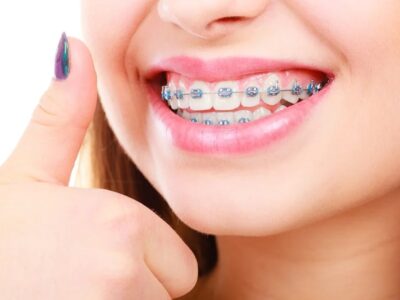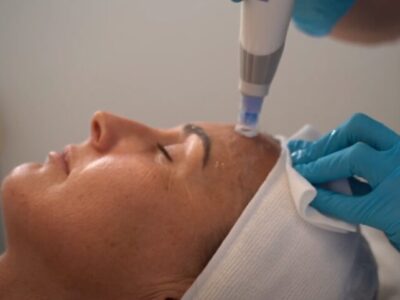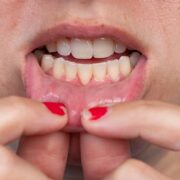
Having low testosterone levels is much more common than having abnormally high testosterone levels, especially since the latter can be caused by numerous factors. Low Testosterone (LHT) occurs when the testosterone hormone levels in the body are below the normal range. Testosterone is a vital hormone that helps maintain an adequate level of sex hormones in men. It also facilitates muscle growth, maintains healthy aging and helps to maintain an erection.
Low Testosterone (LHT) occurs due to a number of causes. These causes include extreme weight loss, disease, excessive intake of prescription drugs, infection, or a drop in liver function. When blood cells are deprived of testosterone they cease to produce the correct amount of the hormone for the body, resulting in a significant reduction in sex drive and libido. As a result, low testosterone levels cause low levels of sex drive and sexual desire. A decrease in blood cells also means reduced production of sperm.
There are many causes of hypogonadism. In case of severe hypogonadism, doctors such as Paramount Men’s Medical Center may treat this using synthetic hormones along with other therapies. The treatment of hypogonadism using synthetic hormones involves blocking the production of testosterone, which prevents the hypogonadism from occurring. However, synthetic hormones can be very harmful to the body since these hormones are made in laboratories, and therefore, these can be easily used without considering the side effects. As a result, several health problems can occur, such as infertility, diabetes, osteoporosis, osteonecrosis, cardiovascular problems and others.
Low Testosterone levels may also be caused by the use of testosterone replacement therapy. This form of treatment involves injecting a tablet that contains testosterone into the male’s testicles. The purpose of this method of treatment is to correct a deficiency in the body, which causes infertility. However, several studies have shown that low testosterone levels caused certain cancers of the prostate, testicles, gallbladder, lungs and others. Therefore, regular checkups are necessary to prevent cancer and other diseases that may be caused by low testosterone levels.
A decline in testosterone levels may also be due to age. As men age, their testosterone levels vary throughout the years. The symptoms of aging depend on the stage of the aging process. Some of the common symptoms include fatigue, muscle loss, hair loss and sexual weakness. As men age, they become less active and their body tends to store fat.
Testosterone deficiency in males and females can lead to weakening of muscles, weakening of bones, increase in fat deposits, shrinking penis and decreased sperm count. This is because the testosterone is essential for the proper functioning of the reproductive system in males. For females, testosterone also plays an important role in muscle growth, muscle development, bone strength and immunity. Therefore, a proper diet, exercise and sufficient rest help in maintaining healthy testosterone levels in males and females.
Low testosterone (hypogonadism) is an ailment where the male sexual glands (testes, the male reproductive organs) fail to produce enough testosterone (the male sex hormone) into the body. In men, testosterone aids to develop and maintain: Muscle mass, sexual arousal and erectile function. It also enables a man to experience regular and pleasurable erections. The pituitary gland produces the hormone that regulates and triggers puberty. As we age, the production of testosterone declines gradually. A drop in libido and loss of bone density have also been observed in older men.
However, low testosterone levels do not necessarily indicate the presence of other problems. Most of the time, these symptoms occur as a result of an underlying condition and are therefore treatable. In order to accurately diagnose low testosterone, one must make sure that the symptoms present themselves in the first place. Some of the common symptoms of low testosterone include:
A decrease in muscle mass or decreased growth hormone (LH), a lack of erectile ability, erectile dysfunction, decreased libido and low levels of blood flow to the penis. Also, a decrease in red blood cell count and increased iron levels can be observed. Since testosterone helps to build muscle mass, a decline in its levels can lead to atrophy of muscle tissues.
Men with low testosterone are usually prescribed testosterone supplements, usually in the range of 0.40 to 1.0 milligrams per deciliter. Although commonly used, these drugs have not been established scientifically to have any significant biological effects. They can have some beneficial effect in maintaining cholesterol levels, blood pressure, blood sugar levels, and body weight, but this effect is only temporary. Also, these medicines should never be taken long term due to their toxic nature. Some medications used to treat low testosterone conditions can cause a variety of side effects including the following:
The symptoms presented by older men with low testosterone production are very similar to those caused by hypogonadism. They may exhibit an increase in blood pressure, heart rate, respiratory rate and perspiration. Also, since this condition can be associated with many other health problems, it is important to seek medical advice on these symptoms. The treatment recommended will depend on what exactly is the cause for the condition. Common treatment options include injections of the hormone to increase testosterone production in the body, use of artificial hips to replace lost natural hip function, and in some cases surgery.
Although testosterone is an essential hormone for sexual development and male fertility, it has a range of other important functions. It helps produce red blood cell mass and is essential for proper bone density. As we age, testosterone levels tend to decrease, causing a wide range of conditions such as loss of bone density and susceptibility to cardiovascular disease. If you have any of these symptoms or have another undiagnosed condition, speak with your doctor.











